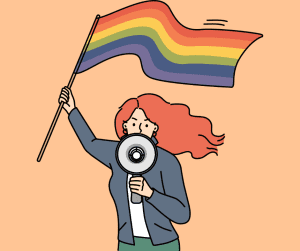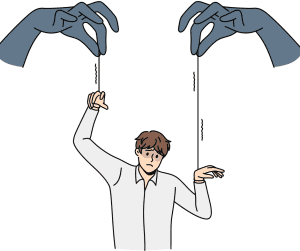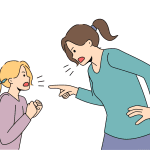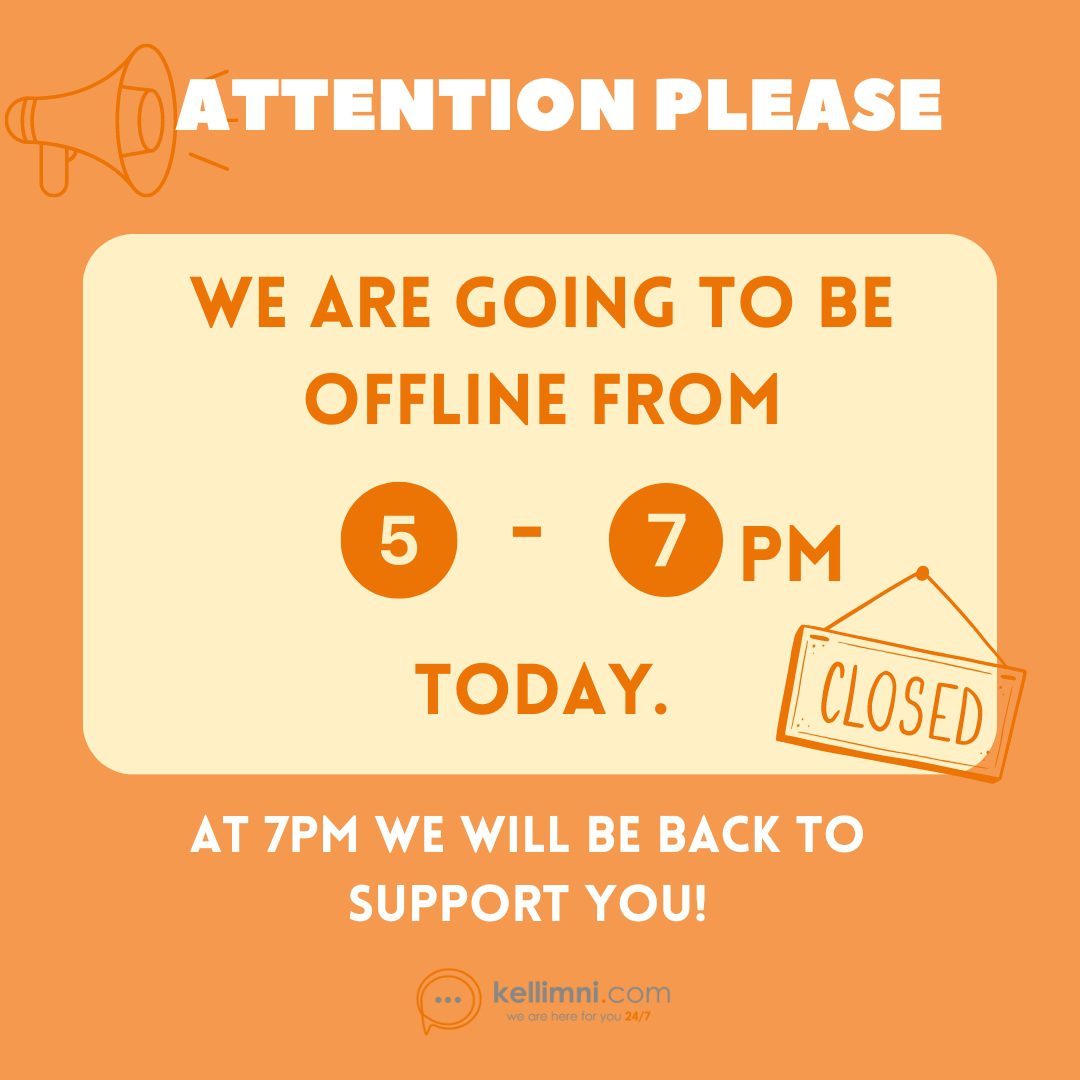The Meaning of a Smile
A Story about Emotional Literacy
When I was six years old, around nine years ago, some important, intelligent people told my parents that I have Asperger Syndrome. My parents had been thinking that there was something different about me. For starters, I did not like looking at people’s faces, especially into their eyes. I liked everything to be the same all the time.
I liked playing the same games everyday. If anyone did not put my cars in the exact same place they had been in the day before, I would go mad. I have also been extremely sensitive to certain sounds and the the way certain things feel when you touch them, all my life. For example, I think our doorbell is too loud. And I just hate labels on the inside of my clothes – they make me itch immediately!
Well, in fact, Asperger Syndrome is a disorder in which a person has difficulties in social interaction; is overly sensitive to certain sounds, colours, and textures; and shows limited and repetitive patterns of behaviour and interests. Very much like me!
One thing I and people like me find very difficult, is understanding you guys when we are supposed to be communicating. We understand language, but we take everything literally. So don’t waste too much time on jokes, or sarcasm with us – it’s just lost! We also find it very confusing when people express emotions. There are just so many of them and they can be shown in so many ways…For instance, how can I know when someone’s tears are because they’re happy or because they’re sad? How come some people get red when they are angry and others get red when they are shy? How is it that some people jump for joy and some jump because they are terrified of something? And let’s not forget the smile! There’s the dry, sarcastic smile, the laugh-and-smile, the happy smile, the mocking smile, the fake smile? How do I know which is which? Because I don’t understand what emotion you may be expressing doesn’t mean I’m a cold, uncaring person. It just means I don’t understand! So please, take the time to explain what you are feeling. Then help me remember how people usually show that feeling.
It may seem like something silly or small, but it is really distressing to people to feel misunderstood or misread. It is very difficult for people like me, who are not able to read or express emotions naturally, to fit in and to know how to react, when we are with other people.
Things to Think About:
Imagine being in an exam and upon turning the paper round, you realise you have no idea what’s on it. You can’t read it because it’s in a language you do not know. You look around to make faces at your friends and get confirmation that the paper is wacky, but your friends all have their heads down and are writing, thinking and reading carefully. How do you think you’d feel?
Different, stupid, isolated, panic-stricken maybe?
People with Asperger Syndrome feel that every social situation is like a difficult test. People all around them are comfortable using sarcasm, reading between the lines, changing facial expressions all the time and reacting to each others’ emotional expressions. These are a lot of social cues! Most of us carry them out, read and react to them naturally. People with Asperger’s have a big difficulty with social interaction, besides having other difficulties. Imagine how difficult it must be for them to be out and about around different people constantly communicating…
The next time you see someone feeling clueless about what’s happening – even if they have no disorder that you know of! – take the time to explain what’s going on in the conversation, what people are thinking (if they have shared it) and go into the feelings, too. Then help them join in.
produced in collaboration with registered Gestalt Psychotherapists:
1. Geraldine Borg, ger_b_202@yahoo.com / 7932 4008
2. Nadine Castillo, nadinecastillo13@gmail.com / 9945 2436
3. Karen Schranz. karenschranz@yahoo.com / 9942 8395




























